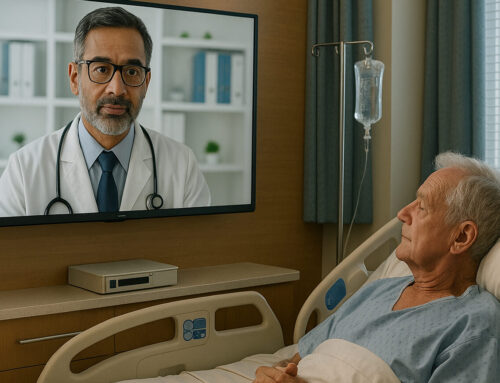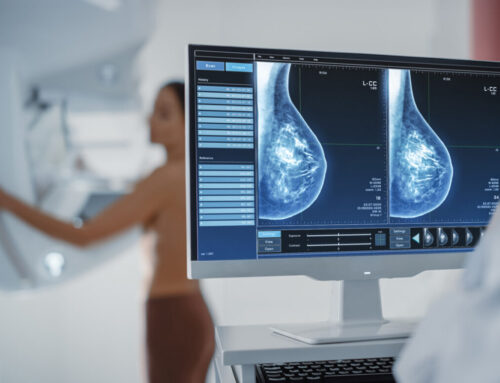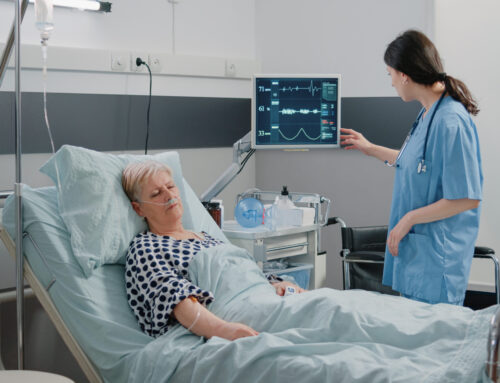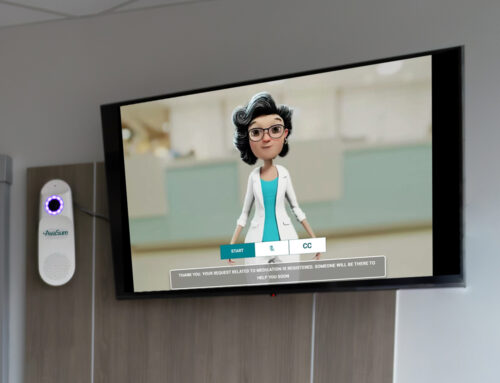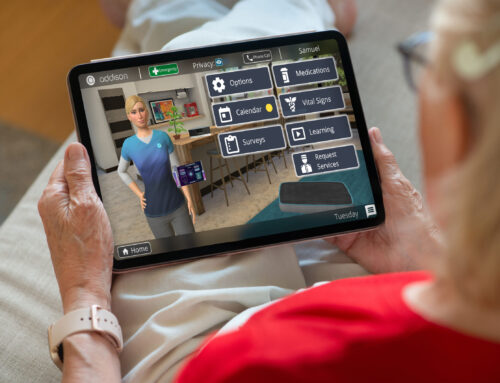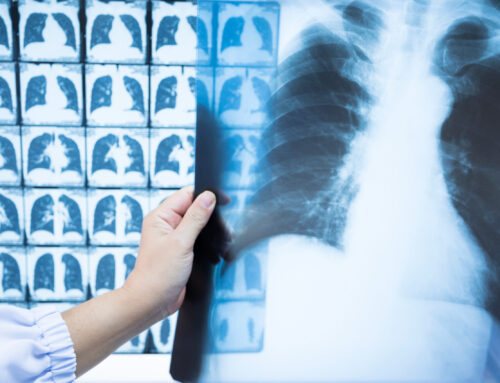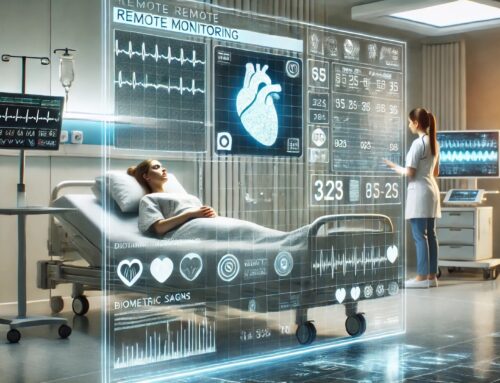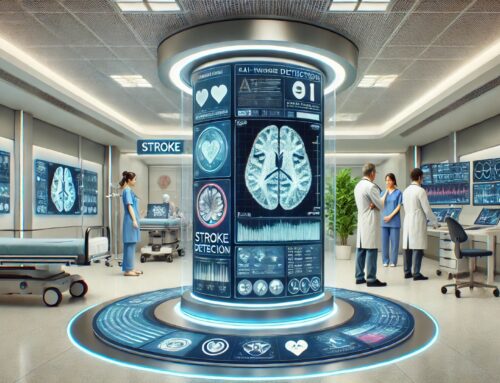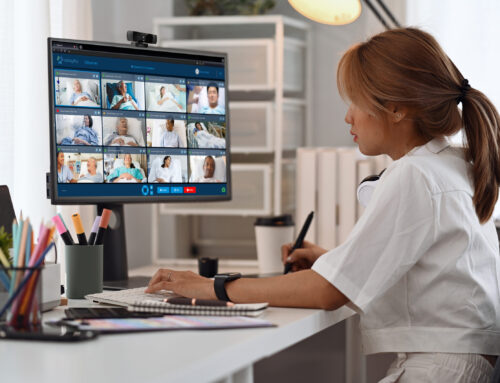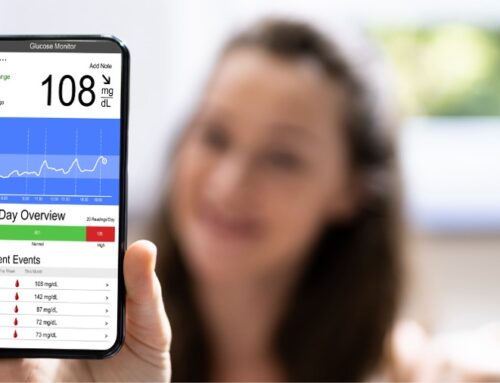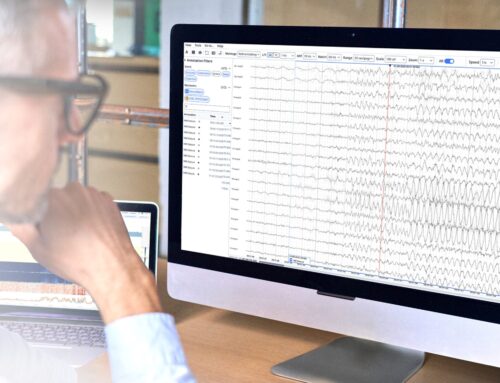Hyperfine, Inc. (Nasdaq: HYPR), the creator of the FDA-cleared portable magnetic resonance (MR) imaging system Swoop®, has announced a new collaboration with the Medical University of South Carolina (MUSC) to study the brains of astronauts before and after their journey on SpaceX’s Polaris Dawn mission. This research, which will take place at a SpaceX facility in Florida, aims to explore how space travel affects brain physiology, with a particular focus on intracranial volume changes.
Leveraging Portable MR Imaging for Spaceflight Research
The collaboration will utilize Hyperfine’s Swoop® Portable MR Imaging® system, which has revolutionized the field of brain imaging by bringing magnetic resonance technology directly to the point of care. According to the company, Swoop’s portability will allow researchers to image the astronauts’ brains within hours of their return to Earth, making these the earliest scans ever taken post-spaceflight.
Dr. Donna Roberts, principal investigator from MUSC, explained the mission’s purpose: “This research will help us understand how human physiology adapts to spaceflight and zero-gravity environments. Using brain images acquired with the Swoop® system, we aim to gain valuable insights into spaceflight-associated neuro-ocular syndrome (SANS)—a condition where astronauts experience changes in vision, alterations to the retina, and, in some cases, swelling of the optic disc and increased intracranial pressure.”
The Swoop® System: A Critical Tool for Assessing Brain Changes
The Swoop® system will be used to capture brain images of the four Polaris Dawn crew members at key points: seven days before launch, immediately after return, and one day after return. The aim is to perform volumetric analysis of brain and cerebrospinal fluid spaces, enabling researchers to assess whether intracranial venous congestion occurs during spaceflight or during readjustment to Earth’s gravity. These insights could significantly advance our understanding of how space travel affects brain function, helping future astronauts cope with the unique demands of space.
Maria Sainz, President and CEO of Hyperfine, highlighted the broader potential of the study: “At Hyperfine, we are dedicated to enhancing brain health, and this research has the potential to advance neurological research. This collaboration showcases the versatility of our system and its ability to be deployed in nearly any healthcare setting, even as unique as a space mission recovery.”
Spaceflight-Associated Neuro-Ocular Syndrome (SANS)
Spaceflight has long been associated with physiological changes, particularly in the brain and eyes. SANS is a condition that many astronauts face, with symptoms including vision impairment and increased intracranial pressure due to the effects of prolonged weightlessness. As scientists explore longer space missions, such as those to Mars, understanding and mitigating the impact of SANS is critical for the health and safety of astronauts.
By acquiring real-time brain images at multiple points in the spaceflight timeline, the team at MUSC hopes to gain valuable data on how the brain reacts to both the space environment and the return to Earth’s gravity. According to the company, these data points could help develop strategies for mitigating SANS in the future.
Hyperfine’s Vision: Bringing Imaging to Any Setting
Hyperfine’s Swoop® Portable MR Imaging® system has been FDA-cleared for brain imaging of patients of all ages and is designed to be used in situations where traditional MR imaging is not feasible. The ultra-low-field magnetic resonance technology allows clinicians to quickly acquire images of the brain in real-time and in locations as diverse as hospitals, ambulances, and now, space mission recovery centers.
According to Hyperfine, the Swoop® system is particularly advantageous for its ease of use, accessibility, and ability to fit into tight spaces. Its portability could pave the way for new applications of MR imaging across a variety of fields, including neurology, emergency medicine, and now space exploration.
Conclusion
Hyperfine’s collaboration with MUSC marks a major step forward in using portable MR technology for neurological research. As space travel becomes more frequent, understanding the physiological impacts of space on the human brain is becoming increasingly important. With the Swoop® system, Hyperfine hopes to provide researchers and clinicians with the tools to better understand these changes and ultimately improve health outcomes for both astronauts and earth-bound patients.
For more information about Hyperfine and the Swoop® system, visit hyperfine.io.

